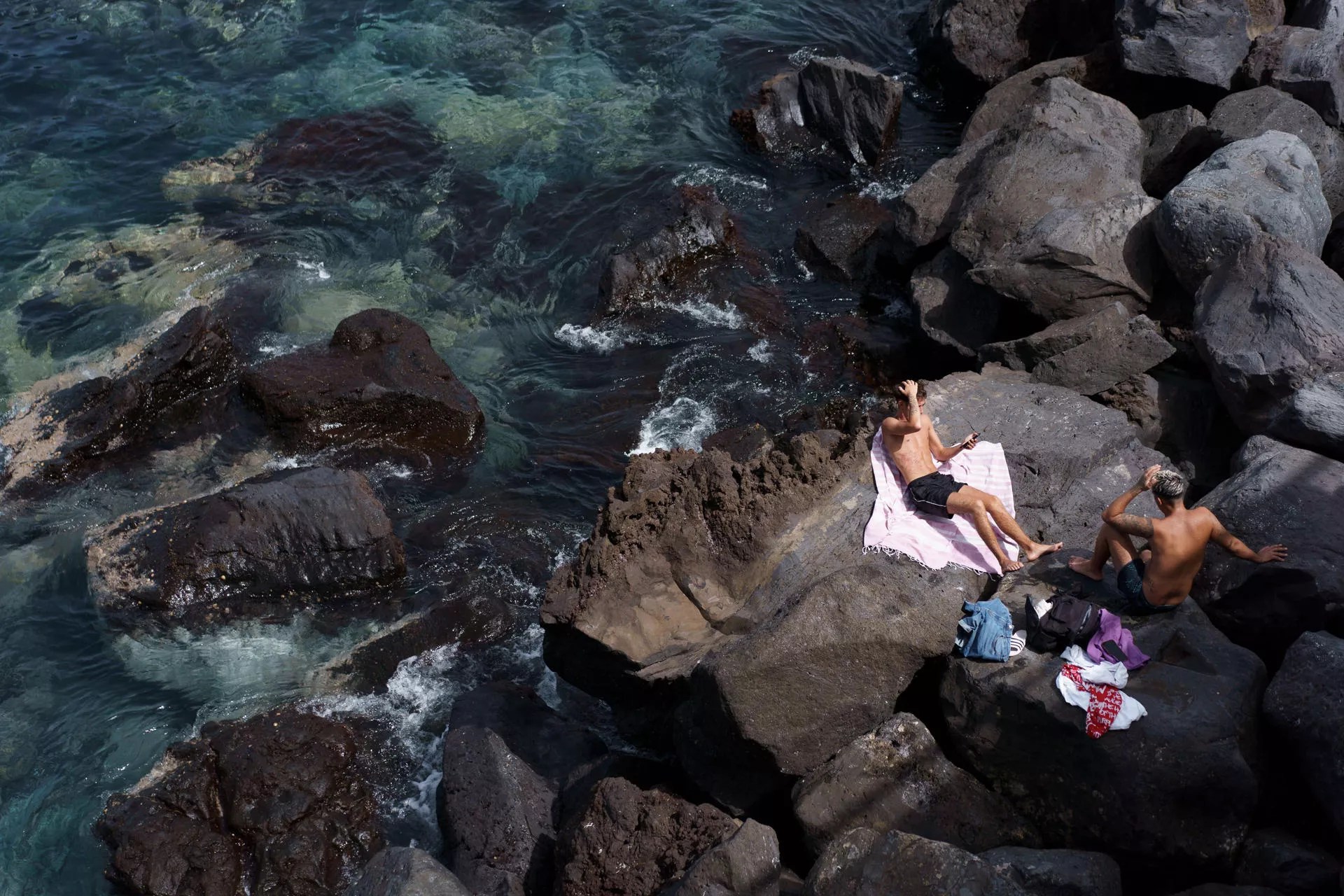The professor of the ULL does not see the use of you as “threatened” but urges to teach the Spanish of the Canary Islands in the classrooms
SANTA CRUZ DE TENERIFE, July 11 (EUROPA PRESS) –
The president of the Canarian Academy of Language (ACL), Humberto Hernández, claims all the characteristics and virtues of the Spanish of the Canary Islands and although he admits that the pronoun you “is penetrating” in the islands, he reduces it to a temporary practice by “mimicry” and in children and young people who are still in the formative phase.
However, he defends that in Canarian classrooms and in textbooks the pronominal system of the islands is taught, in which ‘you’ is used instead of you.
“I don’t think it’s bad that you explain yourself, I see it bad that it imposes itself,” he explains in an interview with Europa Press in which he clarifies that it is not a “fanatical” position or an identity or nationalist issue, but that you have to study your own Spanish of the area where one lives and therefore “first learn the Canarian norm”.
Hernández, also a professor of Hispanic Philology at the University of La Laguna, does not see a problem with the fact that you are known, on the contrary, but he does see that the pronominal system of the islands is imposed and is not explained because, among other things, it causes some “confusion “in children especially.
Along these lines, he admits that there is a “gap” in regulated education in such a way that the Academy has proposed to the Ministry of Education of the Government of the Canary Islands that the textbooks be modified and the pronominal system of the Canary Islands Spanish be taught. “and next to it” the one from other areas where Spanish is spoken is placed since right now “Castilian is being taught”.
“We are altering reality,” he assumes, giving as an example that in Argentina the Spanish spoken there is studied and the Castilian pronominal system does not appear in his books. “In an Argentine book you won’t find the Castilian system but the vos cantás/you sing”, he adds.
Hernández points out that the Ministry’s disposition “is good”, and although there are commercial difficulties with publishers, he points out that they are already beginning “to do something” and some include Canarian content, but “the basic error” is that they conceive it as a “supplementary element” that ends up considering the modality of the islands “as something inferior, and it should be the other way around”. “Publishers have given in up to that point,” he adds.
In this sense, he defends his “own” modality, although that “does not take away” from knowing others, since he will be “better educated” if he can read articles in the Argentine newspaper ‘Clarín’, for example. “The more dialect modalities the better, but start with your own,” he stresses.
As for the use of you, he insists that an almost residual “vostros archaizador” still survives, which is spoken in La Gomera, the south of Tenerife and La Palma — “are you already going?” — and it will be lost forever. naturally due to the death of its speakers, with another Castilian, with the belief that it is “more courteous” and is heard in some areas such as the hotel industry, but “it is a completely wrong use”.
Hernández admits that the media and social networks have a “huge” influence with the introduction of you in the islands but denies that there is a “displacement”.
“The boy uses that you in a mimetic way but as soon as he begins to use the language spontaneously he stays with you. I don’t see a student who goes out on the stage and says I’m going to tell you”, he indicates.
“It seems that we are the ones who are threatening each other”
He understands that you “are not threatened” even though there has been greater awareness in recent times, to the point that he is self-critical: “It seems that we are the ones who are threatening ourselves, giving ourselves too much importance.”
However, he warns that “something does happen” if finally you were to displace you because there would be “identity damage” to the population of the archipelago.
“I am proud to be seseante, to use folelé, to say you, I do not need to use you, it seems that there is a certain reluctance that if I resist this, I am classified as a canarista, I feel identified with the canary and the Spanish “, exposes.
Hernández acknowledges that the weight of tradition “is very strong” and although it is normal for the Spanish of the Canary Islands to evolve due to the influence of America or the Peninsula –words are lost and others are added–, the basic pillars are deeply rooted.
“The seseo is part of the dialectal modality and it will hardly go back no matter how much influence there is from outside. I don’t see the bus going backwards, or lengthening or tenique, we use canarismos spontaneously and without problem, people don’t know what uses canarismos unconsciously”, he comments, convinced that the same thing happens with the aspiration of syllable-final esses or the formation of diminutives.
The ULL professor indicates that “the greatest influence” of Spanish from the Canary Islands was Andalusian, in fact, “they brought seseo” and in the islands “it was acclimatized and left for America” so there is a “double movement” in Canary Islands to the point that it is not known if a term is an “Americanism in the Canary Islands or a canarism in America”.
Regarding ‘Spanglish’, he emphasizes that “it has not arrived and does not have to arrive” since it is limited to American border areas where Spanish and English are spoken.

















